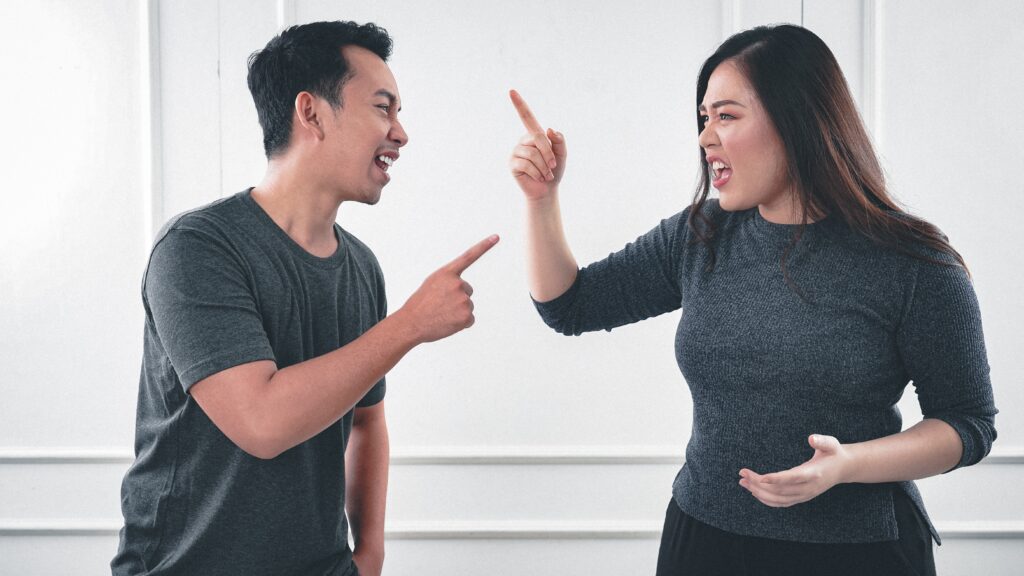There are many common defenses that insurance companies and at-fault parties will use in Austin personal injury cases. Some of these defenses may include contributory negligence, assumption of the risk, and the statutory cap on damages. It is important to have an experienced Austin personal injury lawyer on your side who can help you navigate these defenses and know how to prove the other party was at fault. If you or someone you know has been injured in an accident, contact our office today for a free consultation. We would be happy to answer any questions you may have about your case.

Denial of Fault
Denial of fault or responsibility is one of the most commonly used defense tactics by insurance companies in dispute cases. This means that they are disputing that an accident or injury was caused by their insured individual and are thus are not responsible for it. At Fletcher Law, we recognize just how important it is for individuals to fight this denial of responsibility, as evidenced through contradictory evidence or testimony.
In some cases, the insurance company may determine that the other driver was solely responsible for the accident. Perhaps they were driving while intoxicated, or they were speeding, or they did not obey traffic laws. In that case, your car accident lawyer may seek punitive damages. In other cases, the company may decide that both drivers are partially at fault for the accident. If a driver was distracted while driving and ran a stop sign, for example, then both drivers could be found to be responsible.
An insurance company also may find that there are extenuating circumstances which affect who is at fault in an accident. For instance, if bad weather caused reduced visibility on the road, then neither party may be held liable. It's also possible that a mechanical problem with either vehicle contributed to the accident; if this is found to be true, then neither driver can be held accountable for the crash.
Contributory Negligence
Contributory negligence is a legal doctrine and common defense that is raised in personal injury cases. It acknowledges that the other party was at fault for the incident, but seeks to reduce or even entirely absolve their responsibility by attributing some of the blame to the injured party. To successfully prove contributory negligence, a defendant must be able to show that the injured party also acted carelessly or negligently, resulting in their own injuries. This can be difficult to do since it's often challenging to provide evidence that would indicate fault on behalf of the injured person.
However, if proven successfully, contributory negligence can provide some respite for those defendants who were partially responsible for an incident and its associated injuries. Understanding this type of legal defense should form an essential part of any comprehensive legal strategy when facing a personal injury suit.
Assumption of Risk
This defense seeks to prove that the injured party knew of the risks involved in their activities and chose to do them anyway, so they cannot now hold someone else liable
The concept of “assumption of risk” is an important defense used in personal injury law. When someone has suffered a harm due to negligence, it may be argued that they had knowledge of the risks and chose to participate in activities knowing the risks involved. This means that they cannot hold someone else liable for the damages they sustained. However, it’s important to note that courts weigh many factors when looking at assumption of risk as part of a case. They may consider the degree and nature of the danger presented, as well any evidence that suggests that the defendant did not adequately warn about potential dangers. Ultimately, assuming risk does not mean a person should have to accept all risks associated with their activities; but rather that those risks were on good faith known beforehand.
Last Clear Chance
Sometimes called comparative fault, this allows for both parties to be held partially responsible for an accident if it can be shown that both had a chance to avoid it but did not, this allows for both parties' actions to be taken into account. Rather than immediately assigning full responsibility to only one party after an accident, the defense may ask for the court assign partial responsibility if it can be demonstrated that either or both of them had a chance to avoid it and chose not to. It goes without saying that defending yourself in this type of situation requires thoughtful consideration and a highly qualified legal professional familiar with the complexities of constructing such defenses. While this particular defense comes with its own challenges, having someone on your side who understands the nuances may prove invaluable in creating the most beneficial outcome possible.
Sudden Emergency
If an unforeseen event occurred that caused an accident, such as a car breaking down in traffic, then the person who was driving may seek to use the Sudden Emergency defense to refute liability.
While nobody wants to be held responsible for an accident that was caused by a sudden emergency, it can be difficult to prove liability in such cases. Depending on the circumstances, if you or someone you know has been accused of causing an accident due to a sudden emergency, the court may investigate and consider certain factors such as whether there were measures available to prevent or minimize the effects of the emergency before it occurred. A good legal counsel in such situations can help determine if "sudden emergency" is a plausible defense which can update your legal situation and give clear guidance on what course of action may be taken.
Contact Fletcher Law To Consult With An Austin Personal Injury Lawyer

There are a number of defenses that insurance companies will use in order to try and avoid paying out on a claim. If you have been involved in an accident, it is important to speak with an experienced personal injury attorney who can help you navigate the legal system and fight for the compensation that you deserve.
Our team at Fletcher Law Office has decades of experience helping our clients get the justice they are owed, and we are ready to put our knowledge and resources to work for you. Contact us today to schedule a free consultation at 816-619-4006.